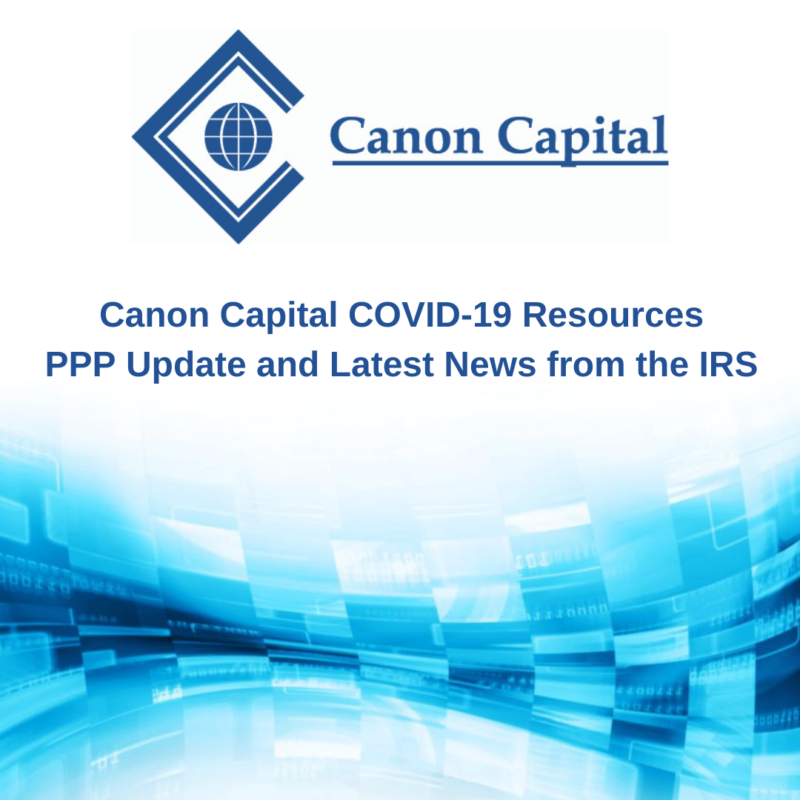As we all have learned, very little is certain when it comes to PPP loans and the laws and rules that govern them. In the law itself, it expressly states that the forgiveness of the loan is not taxable. This clearly was Congress’ intent with the program.
In May, the IRS issued a notice that informed: “no deduction is allowed for an eligible expense that is otherwise deductible if the payment of the eligible expense results in forgiveness of the covered loan.” This notice was issued because there was existing law on the books that said ordinarily deductible expenses would not be deductible if they were paid with certain non-taxable income. Unfortunately, the forgiveness of the PPP loan falls into the certain non-taxable income category. As a result, the non-deductibility of the applicable expenses will raise taxable income to the amount of the loan forgiveness. Again, this was clearly not Congress’ intent. To change existing law on the books, it will take an act of Congress to do so.
Since PPP loans are indeed loans in every sense, the conventional wisdom leads us to believe income was not triggered until the loan was actually forgiven. This is why approximately 95% of borrowers have not applied for forgiveness to date. If the loan wasn’t forgiven until 2021, then that would give Congress time to issue a corrective bill to be signed into law. Borrowers could then file their returns for 2020 and not be affected by the additional income and pay additional taxes.
However, on November 18, the IRS issued both a Revenue Ruling (the IRS’ position on a topic) and a Revenue Procedure (how to implement the position) on the topic of forgiveness. The Revenue Ruling contained the statement “no deduction is allowed for an eligible expense that is otherwise deductible if the payment of the eligible expense results in the forgiveness of the covered loan”. The Revenue Ruling also states that even if a borrower has “a reasonable expectation of reimbursement,” the deduction is inappropriate. So in other words, as of this moment, even if forgiveness hasn’t been applied for or granted, borrowers can’t deduct eligible expenses in 2020 if they reasonably expect the loan to be forgiven in a future tax year. The Revenue Ruling goes on to give examples of a taxpayer, who borrowed under the program, used the funds accordingly, and at the end of 2020 had a reasonable expectation that the loan would be forgiven when the taxpayer applied for forgiveness in 2021. This taxpayer could not deduct the applicable expenses in 2020. This marks a major shift from how advisors were advising their clients.
The Revenue Procedure gave a limited safe harbor which allows borrowers to claim a deduction in 2020 if the eligible expenses are paid or incurred in 2020, the taxpayer received a PPP loan in 2020, and in the subsequent year, the forgiveness is denied or not applied for.
As with everything else related to the PPP, this guidance raises more questions. So there is more guidance coming. Regardless of when the guidance or new law comes, it will certainly be retroactive if need be. But for now, we are left with the choice of filing the return while picking up income and potentially paying additional tax, or extending the return in anticipation of the additional law and guidance.
There continues to be strong bipartisan support to make the eligible expenses deductible. However, it seems that this issue will have to be addressed in further stimulus relief packages. With the appearance of a new administration and Congress in January, this may take time.
We continue to urge you to talk to your advisors about your individual situation. As always, if you have any questions, you may also reach out to Steve Moyer or Brent Thompson.

